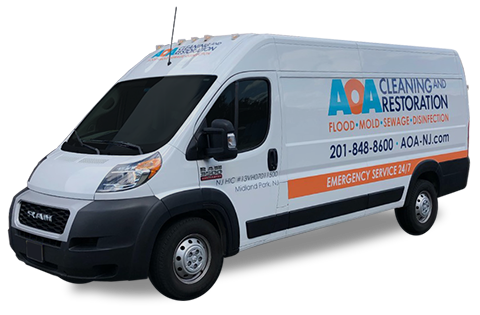Here in NJ we’re looking at record lows this weekend. Cold weather can stress a house, and one of the worst winter disasters to deal with is a frozen water line or burst pipe. What causes a pipe to burst? The most common reasons are:
- Water pressure from a clog in the pipes or a plugged toilet, which causes pressure in the pipes, expansion, and a burst.
- A frozen pipe, which happens if you don’t winterize your pipes and any remaining water in them turns to ice. The frozen ice and flowing water together cause pipes to contract, which can lead to a leak or a burst.
What should you to do prevent pipes from freezing when the temperatures drop outside? Here are six tips:
Check for pipe leaks.
In the fall and spring, it’s always a good idea to check your entire house for leaks in windows, doors, and pipes. Pipes near an outside wall or window are most susceptible for freezing, and if any of these leak, you’re more likely to see a burst.
Look for air leaks.
Severely cold air flowing into the home will do a number on your heating bill, but it could also cause pipes to freeze if the air leak is near a room with a water line like a bathroom, laundry room, or the kitchen.
Disconnect your hose from the outside faucet.
Too many homeowners forget about the hose, leaving it connected after summer becomes fall and fall becomes winter. In winter, a connected hose can lead to water not draining from the hose bib, which can freeze and cause a break.
Close the indoor valve.
Shut off your indoor valve and drain any water from pipes that lead to your outside faucets. This helps reduce the chance that a pipe from the outside will freeze just inside your house.
Heat tape your pipes.
When water lines are exposed to freezing temperatures for extended periods of time (in places like a crawl space or cold basement), heat tape can make a big difference in keeping pipes warm.
Don’t lower the thermostat TOO much.
If you go out of town, set the thermostat no lower than 55 degrees. It’s also a good idea to open cabinet doors to let heat flow to any pipes that are not insulated and close to exterior walls.
What should you do if you have a pipe burst and it causes flooding in your home? Don’t panic. Turn off your water at the main shutoff valve (likely located in your basement). Then call AOA Cleaning & Restoration at 201-848-8600. We have a response rate of under 59 minutes and state-of-the-art drying and sanitization equipment. We’ll deploy our expert team to prevent further damage and get your home back to pre-water damage condition.




















